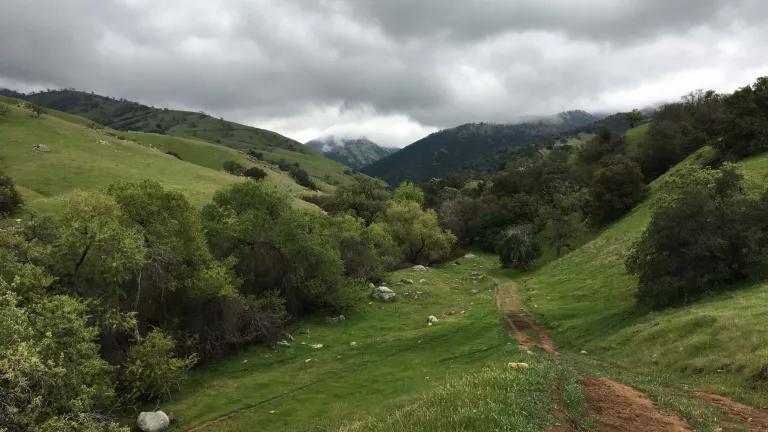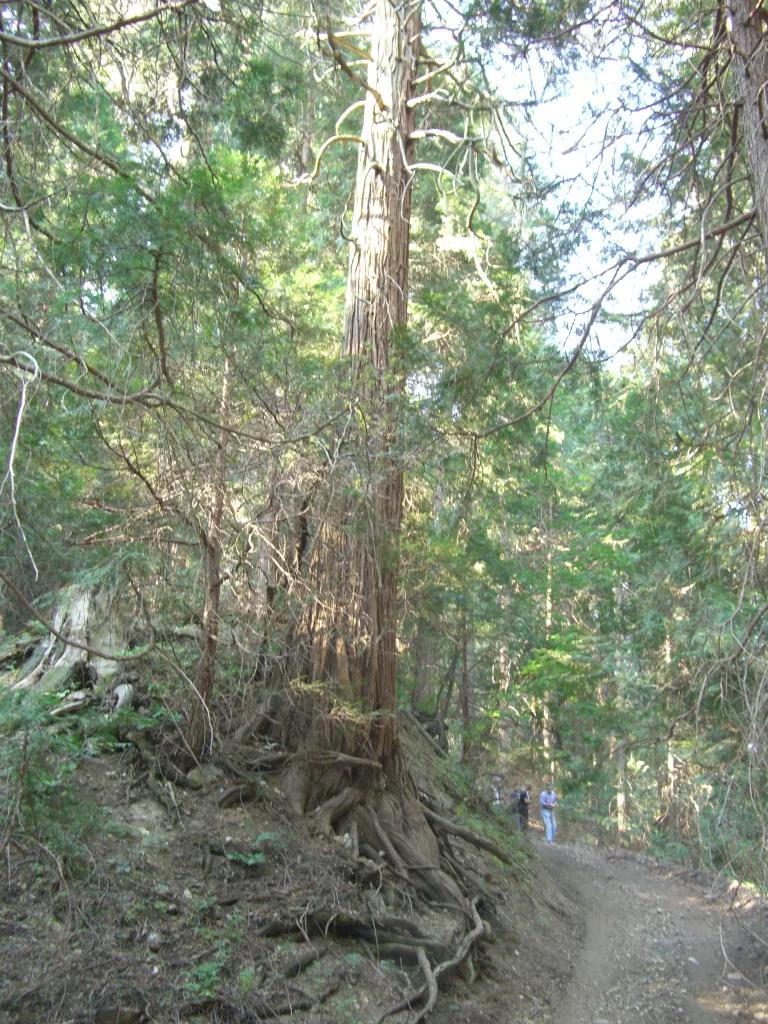Conservancy Joins Lawsuit Against Tejon Ranch Company

Tejon Ranch Conservancy joins environmental plaintiffs in challenging Tejon Ranch Company’s failure to comply with landmark 2008 Tejon Ranch Conservation and Land Use Agreement.
The non-profit Tejon Ranch Conservancy responsible for overseeing conservation of 240,000 acres at Tejon Ranch today sued the landowner Tejon Ranch Company for breach of the landmark 2008 Tejon Ranch Conservation and Land Use Agreement (“RWA” or “Agreement”) that created the conservancy over a decade ago. The RWA provides for permanent protection of 90 percent of the Ranch and guarantees public access to the conserved lands—all of which is to be managed by the Conservancy.
Through the filing of an amended complaint in Kern County Superior Court, the Conservancy has joined a lawsuit filed in early December by five environmental organizations alleging that, beginning October 1, 2020, the Company breached its obligation under the Agreement by failing to make required Advance Payments in the amount of $800,000 per year to the Conservancy. The Company promised the Advance Payments under the RWA to enable the Conservancy to oversee conservation of the protected lands at Tejon Ranch, foster scientific research, and manage public access.
The Advance Payments guaranteed by the Agreement are the principal source of funding for the operations of the non-profit Conservancy, and they are essential if the organization is to perform its critical conservation role at Tejon Ranch—for the unique habitat and for its diverse array of species.
According to the lawsuit, the Company complied with its obligation under the explicit guarantees of the 2008 Agreement until 2020 when, in April, the Company withheld funding through an attempted unilateral amendment of the RWA’s payment schedule—citing general concerns about the COVID-19 pandemic. Two months later, it rescinded that action when the Conservancy and its environmental partners initiated formal proceedings for breach.
On October 1, 2020, however, the Company withheld funding once again, this time alleging that the Conservancy and its environmental partners had violated a “non-opposition” provision of the Agreement—a provision prohibiting the signatories from opposing or encouraging opposition to the Company’s proposed development projects on the unprotected ten percent of the Ranch property. Specifically, the Company cited the groups’ participation in a voluntary process to develop a regional conservation plan in the Antelope Valley in 2017—called the Antelope Valley Regional Conservation Investment Strategy (“AVRCIS”). Inexplicably, however, the Company has chosen to cite only the non-opposition language while ignoring the RWA’s very next provision that explicitly authorizes precisely such activity—that is, participation in support of or opposition to a “regional plan of general applicability.”
The Conservancy has sought over the past couple of months to resolve the dispute through a meet and confer process prescribed in the Agreement. Unfortunately, those efforts failed to persuade the Company to fulfill its financial obligation to the Conservancy, leading to the organization’s decision to join the lawsuit filed in December by the Natural Resources Defense Council, National Audubon Society, Sierra Club, Planning and Conservation League, and Endangered Habitats League.

Supported by a staff of five, the Conservancy’s mission is to preserve, enhance and restore the native biodiversity and ecosystem values of Tejon Ranch and the Tehachapi Range for the benefit of California’s future generations. Among other things, the Conservancy works to provide Ranch-Wide stewardship of the land for public enjoyment through educational programs and public access. It also has adopted a Ranch-Wide Management Plan applicable to all conserved lands, which it updates, monitors, and helps to implement. It manages and monitors natural resource mitigation activities on conserved lands, and it oversees public access to the conserved lands.
The Conservancy is represented in the litigation by Bradley Phillips and Martin Bern of the law firm of Munger Tolles & Olson LLP.

